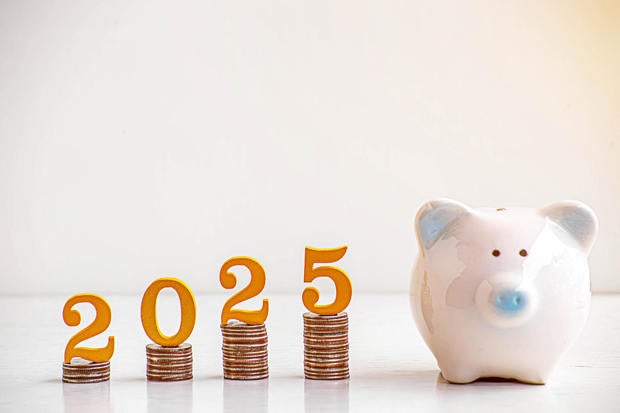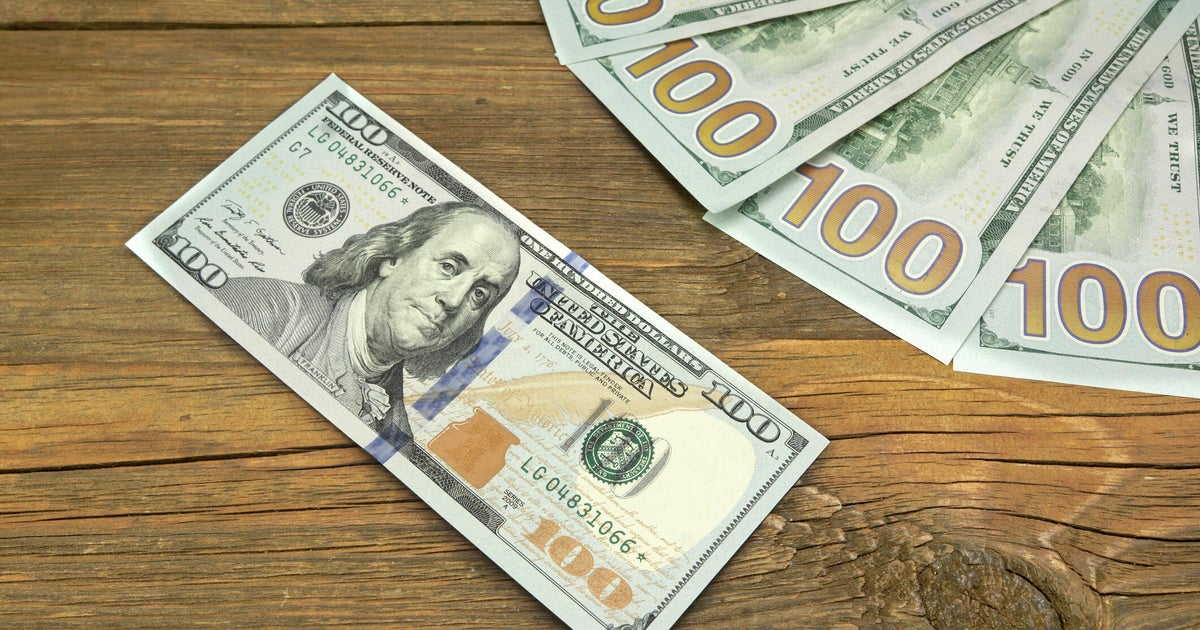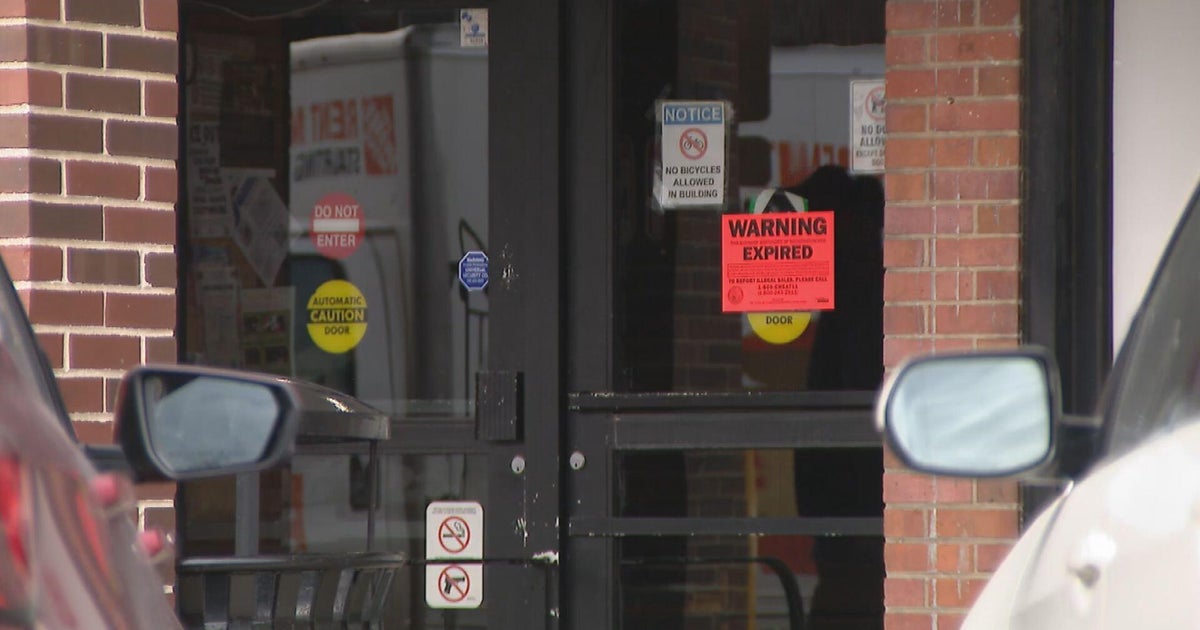Should I open a short- or long-term CD this January?
Certificate of deposit (CD) rates have taken a slight hit recently following the Federal Reserve's decision to cut rates three times since September 2024. During this period, the federal funds rate dropped a full point to its current target range of 4.25% to 4.50%. This might be good news for home buyers, refinancers and credit card holders looking to benefit from lower borrowing costs, but for savers, it's a sign that high CD rates might not be here much longer.
However, a recent uptick in inflation could cause the Fed to hold off on rate cuts for now. Based on the CME Group's FedWatch tool, there's almost a 96% likelihood that the Fed will maintain today's rate range when it meets again at the end of January.
The current rate environment may provide a window of opportunity to snag elevated rates before they potentially fall in 2025, as the Fed has alluded to. Keep in mind, despite the recent downward turn, CD rates are still significantly higher than two years ago, when the average 12-month CD deposit rate was a measly 0.13%, according to the FDIC. Today, the national average is much stronger at 1.83% and you can still find top CD rates in the 4% range.
Remember, CDs have a fixed rate, which means you can lock in a high yield now, even if the Fed decides to cut rates again during your term. But before you open an account, take a moment to consider the right CD term for your situation. To help you make the best choice, we'll break down if a short-term CD or a long-term CD might work best to open this January.
Start by seeing how much more money you could be earning with a top CD here.
Should I open a short- or long-term CD this January?
Not sure which CD type is best for your financial circumstances now. Here's when both could be beneficial:
Why a short-term CD might make sense
Short-term CDs are accounts with terms of one year or less, including 3-month, 6-month and 12-month durations. They're ideal when rates are going up because they allow you to cash out sooner and reinvest in a higher-yield CD.
Said Israilov, an independent financial advisor at Israilov Financial in San Francisco, California, notes that rates aren't the only factor savers should consider. "The choice between short- and long-term CDs depends on one's financial goals. If you plan on establishing or maintaining an existing emergency fund, short-term CDs might be a better choice. In case of financial emergencies, shorter maturity CDs are relatively more accessible," he explains.
Short-term CD's are especially attractive this January because they offer yields that rival—and sometimes exceed—those of long-term CDs. However, the consensus among economists and rate-watchers is that rates will likely decrease in 2025, so if you're considering this option, you may want to make a decision soon.
Sarah Maitre, founder and financial planner at Camriel Advisors in Mount Shasta, California, says savers should consider the potential impact of inflation and changes in economic policy to help guide their decision. "For example, certain proposed policies with the incoming administration, such as tariffs, could contribute to higher inflation and keep interest rates elevated. If inflation remains elevated or increases, savers with short-term CDs could benefit from reinvesting in new CDs at potentially higher rates as their shorter terms expire," says Maitre.
Explore your top short-term CD account options online today.
Why a long-term CD may be your best option
Long-term CDs typically offer higher yields than short-term ones, with terms ranging from 15 months to as long as five or even 10 years. They are a sensible choice when rates are falling, as they've been in recent months, because you can lock in a solid return for the future. As Christopher L. Stroup, a certified financial planner and founder of Silicon Beach Financial in Santa Monica, California, explains.
"Long-term CDs could be more beneficial if savers expect rates to decline or remain stable through 2025. If current interest rates are relatively high and expected to decrease in the future, locking in a long-term CD at today's higher rates can ensure a higher return for the next several years."
Rates are still high, but that may change soon, as Israilov points out. "During its most recent meeting, the Fed signaled expectation of two more rate cuts during 2025. So if you have a fully funded emergency fund, this might be an opportune time for savers to lock in current CD rates."
The bottom line
Should you consider a short-term or long-term CD this month? The answer likely comes down to what works best for your savings goals. Short-term CDs are more flexible since they give you access to your money sooner, while long-term CDs can help you earn elevated yields for over a year, even if interest rates fall.
In either case, make sure the term you choose aligns with your financial goals and when you expect to need to access your money. If you pull funds before the CD matures, you'll likely pay an early withdrawal penalty.
If you're still unsure, you might want to try a strategy called CD laddering, which gives you some of the benefits of both short- and long-term CDs. A CD ladder spreads your money across different terms ranging from three to 60 months. This way, you'll have steady access to some of your money while still taking advantage of the higher yields that come with long-term CDs.




